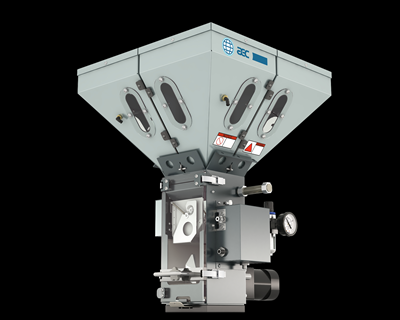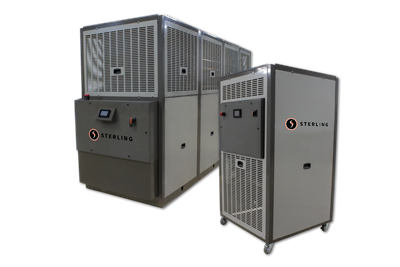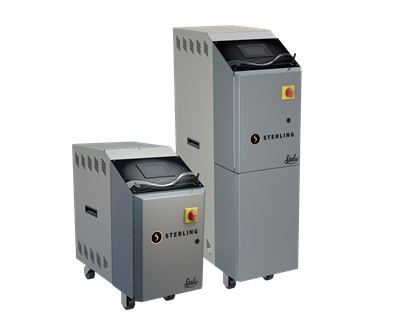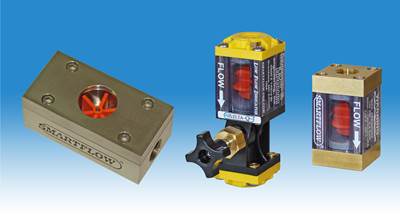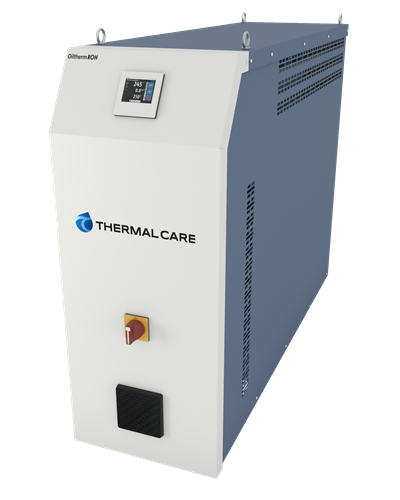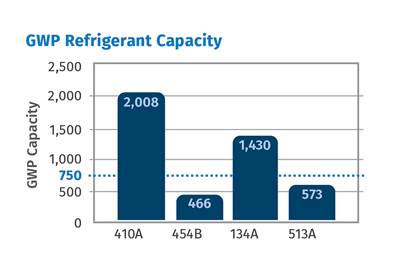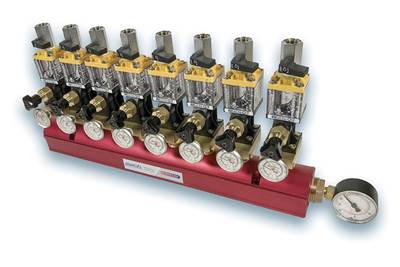Heating & Cooling
PiovanGroup Announces Transition In Leadership In North America
John Erkert ascends to Regional CEO position for North America as industry veteran Kirk Winstead retires.
Read MoreCompact TCU Retains Power, Precision and Configurability of Bigger Systems
NPE2024: Conair’s MicroTemp Thermolator temperature control unit (TCU) is its smallest ever measuring just 14.7 ×y 15.6 ×y 18 inches.
Read MoreRelaunched Chillers, Blenders, Dryers
NPE2024: New auxiliaries from AEC include chiller that meets new standards for refrigerants.
Read MorePackaged Chillers, Central Chillers, New Controller for TCUs
NPE2024: Sterling debuts broad range of products for temperature control.
Read MoreNew Chillers, TCU Touchscreen Control
NPE2024: Sterling’s GPL packaged chillers offer the new low Global Warming Potential (GWP) refrigerants required in 12 states.
Read MoreLow-Flow Indication and Metering in Injection Mold Cooling
NPE2024: Burger & Brown launches standard- and high-temperature Smartflow low-flow indicators, as well as a low-flow electronic flow meter.
Read MorePiovanGroup Rebrands, with Mostly Minor Name Changes
For the most part, subsidiary company names will remain, with slight modifications meant to enhance the Group’s identity.
Read MoreHot Oil Temperature Control Units Expand Heating Capacity and Flow Rates
Thermal Care’s Oiltherm hot-oil temperature control units (TCUs) extend heating capacities up to 90 kW and flow capabilities up to 50 gpm.
Read MoreTemperature Control: What You Need to Know to Comply With New Cooling-Fluid Regs
Beginning the first of this year, 12 states are following EPA bans on potentially damaging cooling fluids. Chiller suppliers have adjusted equipment designs to accommodate the new regulations. Here’s what all this means to processors.
Read MoreIs Your Water System Setup Helping or Hurting Your Molding Plant Productivity?
The plant water system is a critical component of an injection molding facility. A poorly designed or maintained water-cooling system can have a serious impact on production efficiency and cause many maintenance issues. Here’s what you need to know — and ask — to prevent those problems.
Read More
